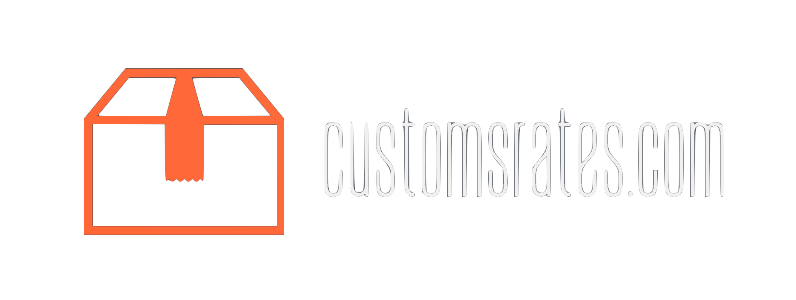
The Data
a standardized numerical method of classifying traded products. It is used by customs authorities around the world to identify products when assessing duties and taxes and for gathering statistics. We have the data, that you can use in the variety of formats or access via API, and we can do classification for you: either automated search using our classification endpoint or manual in case when high precision work is needed
Tariff
global Harmonized System trees, duty and tax rates: from quarterly to weekly updates depending on the country and availability of the official data from the worldwide customs offices and fiscal authorities
Trade Agreements
Wide-ranging taxes, tariff and trade treaties between two or more countries agreed on terms that help them trade with each other at preferential clearance rates. We have comprehensive info on the worldwide trade agreement rates and the database is available for you to use.
De Minimis
De minimis is a Latin expression meaning "pertaining to minimal things". De minimis in international trade refers to the monetary value below which shipments entering the country are free from duties, taxes, or formal customs procedures. Compiling de minimis rules and values is related to reading huge amounts of legal documents and customs clarifications, but you don’t have to worry about it: we have the whole database, and our analysts are permanently working on keeping it up to date.
Other fees
Other fees may include additional duties, anti-dumping and countervailing duties, excise duties, shipment level fees, etc.
Exchange Rates
Global Customs offices use their own exchange rates to calculate the value of imported or exported goods – normally different from the National Bank rates or street rates. In some countries there are different rates for import and export, many countries update them on a daily basis – you’re going to have them with us as well
Landed Cost
Complete shipment landed cost calculation, taking into account all rates, taxes, fees, legal constraints and entitlement to the special rates or global trade agreement rates. We have a dedicated API endpoint to provide you with these calculations.
Restrictions and compliance
item restrictions are about banning or special licensing or permits required from an importer or exporter to be presented to the authorities in order to be able to import or export the items. This data is located in a zillion of legal documents and worldwide customs offices notices – our analysts are tracking them and updating our databases accordingly
Screening
in the war of terrorism and trade wars it is important to know your partner, especially when trading overseas. Restricted party screening is very basic global trade hygiene nowadays
GeoData
Worldwide lists of locations per country, state, and province, with corresponding ZIP codes, up to 4 level admin codes, admin names and even precise coordinates – you can get all of it from our geoData API










